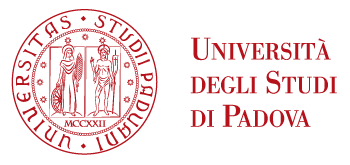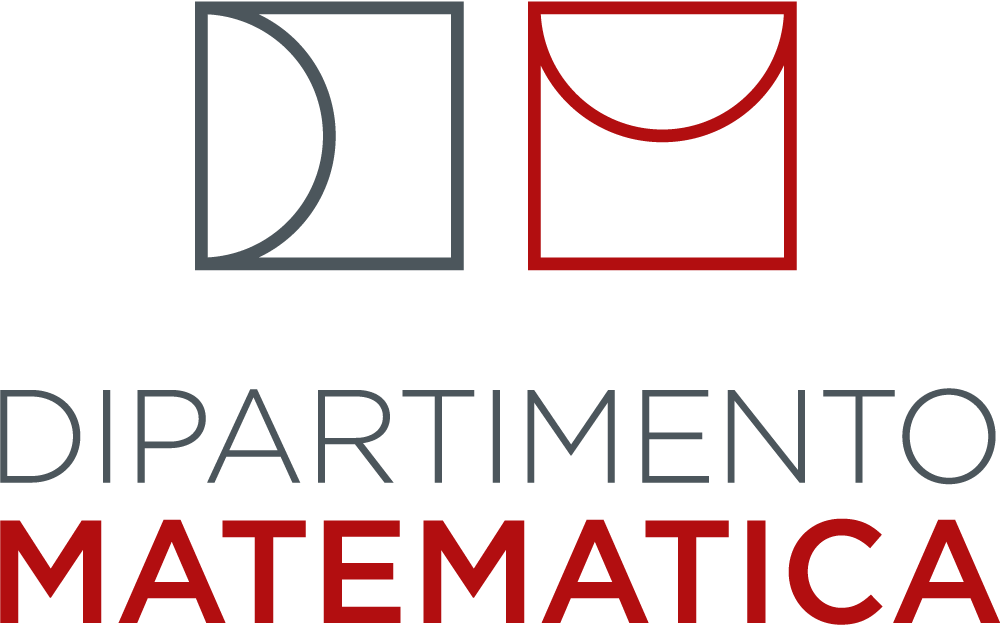Resources: VoAP modules for NS-2
Problem
Computer-centered services and broadband wireless connectivity have boosted the demand for delivery of multimedia-based entertainment from the Internet to in-house wireless appliances. In this context, rich-media applications can be supported by a variety of protocols, each sharing the same bottleneck, affecting one another's performance. Indeed, in current systems, real-time applications (e.g., video streaming, online games, cloud based games) suffer from delays caused by the interference of elastic, best-effort (e.g., TCP-based download sessions) traffic.
Solution
We propose a solution to the problem, addressed by deploying a Vegas-like congestion control algorithm at the home gateway, requiring no server/client modification. The TCP's advertised window is used to limit the elastic flows before they cause congestion to the network, thus preserving both interactivity and throughput. A more detailed explanation of the problem and the solution is contained in [1] and [2] (see References in this web page).
Implementation in NS-2
To implement the solution described in [1] and [2] we modified some files of the well known Network Simulator (version ns-2.34). The modified files are the following:
- ll.cc/h, which contains the function "voap"(the implementation of the algorithm;
- mac-801_11.cc/h, which contains a callback inside the recv function to calculate the queue time.
Other changes have been done in packet.h, queue.cc and priqueue.h.
Download
- Installation guide, install.txt
- How to use it, usage.txt
- Modified ns2 folder, ns2.tar.gz
- Scenario example, workfile.tcl
All files can be found altoghether in voap.rar
References:
[1] A. Bujari, M. Massaro, C.E. Palazzi, "Vegas over Access Point: Making Room for Thin Client Game Systems in a Wireless Home", IEEE Transactions on Circuits and Systems for Video Technology, 99, 2015.
[2] M. Massaro, C.E. Palazzi, A. Bujari, "Exploiting TCP Vegas' Algorithm to Improve Real-Time Multimedia Applications", in Proc. of IEEE Consumer Communications & Networking Conference (IEEE CCNC 2015), Las Vegas, NV, USA, Jan 2015.
If you use our code for a scientific publication, please cite our papers. Questions, comments, criticism, etc. can be directed to cpalazzi[AT]math.unipd.it.



